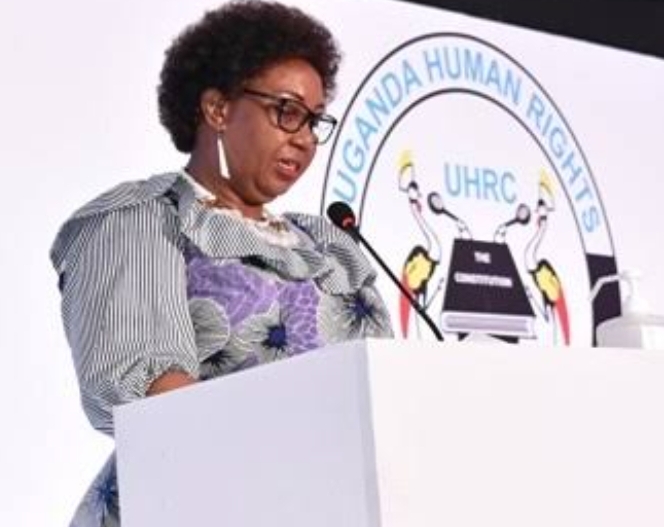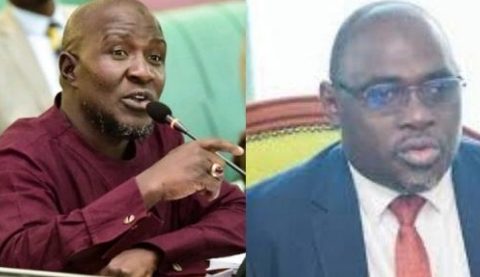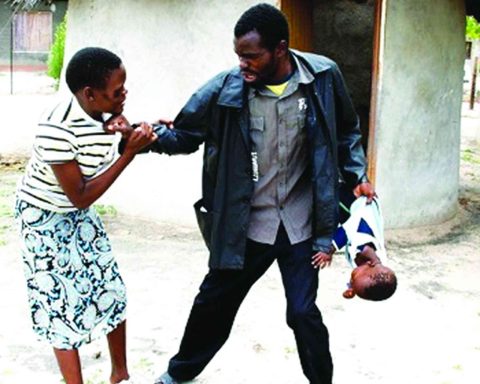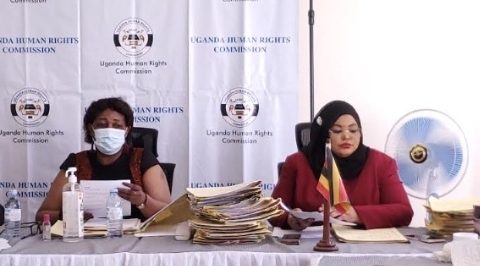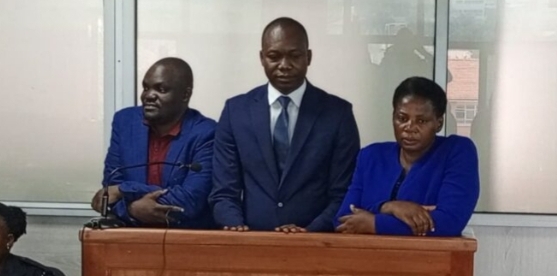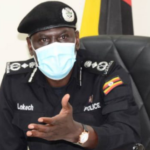Parliamentarians on the Legal and Parliamentary Affairs Committee have taken the Uganda Human Rights Commission (UHRC) to task over what they described as unacceptably low compensation awarded to victims of serious human rights violations. The lawmakers expressed frustration at the Commission’s standard payout of UGX 5 million, which they called “insulting” given the gravity of some of the cases.
Bugiri Municipality MP, Asuman Basalirwa, voiced his concerns during a session examining the UHRC’s Ministerial Policy Statement for the 2025/26 financial year. He questioned the rationale behind the Commission’s compensation decisions, particularly when the violations involve severe abuse such as torture, threats to life, and extrajudicial killings.
“How does one justify giving UGX 5 million to a person who has endured torture or lost a loved one due to state action?” Basalirwa asked. “It sends the wrong message that such violations are tolerable or can be casually compensated. Why not set the bar higher UGX 100 million, UGX 200 million in severe cases?”
Responding to the queries, UHRC Chairperson Mariam Wangadya explained that during the previous financial year, the Commission received over 1,600 complaints, but only 95 were found admissible. Of these, 16 were concluded with victims receiving an average of UGX 30 million. She acknowledged, however, that the Commission still faces persistent challenges, especially delays in disbursing compensation from responsible government institutions.
“Many of our rulings remain unimplemented for years because the institutions at fault fail to release the funds in time,” Wangadya said. “Furthermore, victims are often unable to obtain critical documents like death certificates, which hinders their ability to prove rights violations such as unlawful killings.”
Basalirwa also questioned why the UHRC does not apply interest to delayed payments or refer to earlier judgments when determining awards, suggesting this undermines accountability.
“If those found liable know they won’t incur additional penalties for dragging their feet, they have no reason to comply promptly. This erodes the Commission’s power to act as a meaningful deterrent,” he stated.
In addition to compensation concerns, Wangadya requested UGX 4.8 billion in extra funding to strengthen human rights oversight ahead of the 2026 general elections. She noted that part of the Commission’s ongoing efforts includes inspections of detention facilities. In the 2024/25 financial year, UHRC visited 303 detention centers across 12 regions, including 72 prisons and over 200 police stations.
However, lawmakers pressed the Commission to demonstrate concrete outcomes, especially in relation to recent events like the Kawempe North by-election. Basalirwa demanded detailed reports on what human rights monitoring activities were conducted, beyond issuing public statements.
“If you’re asking for billions to monitor elections, you should show us exactly what you did in past electoral events who was deployed, what was observed, and how the findings were used,” he said.
The heated exchange underscored growing parliamentary concerns over the effectiveness and impact of the UHRC in addressing systemic abuses and ensuring justice for victims across Uganda.

